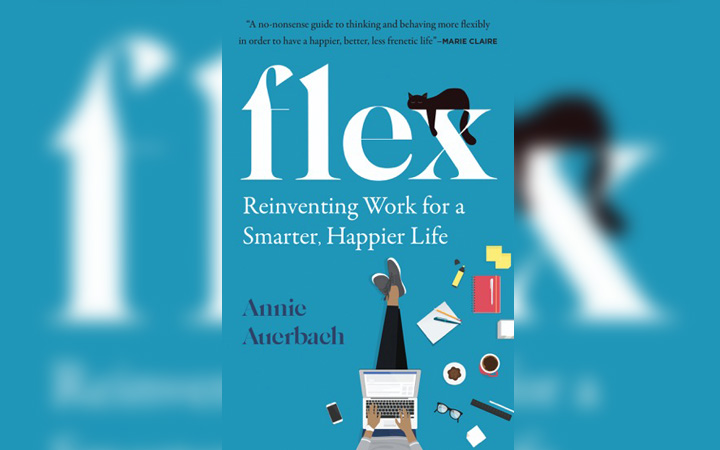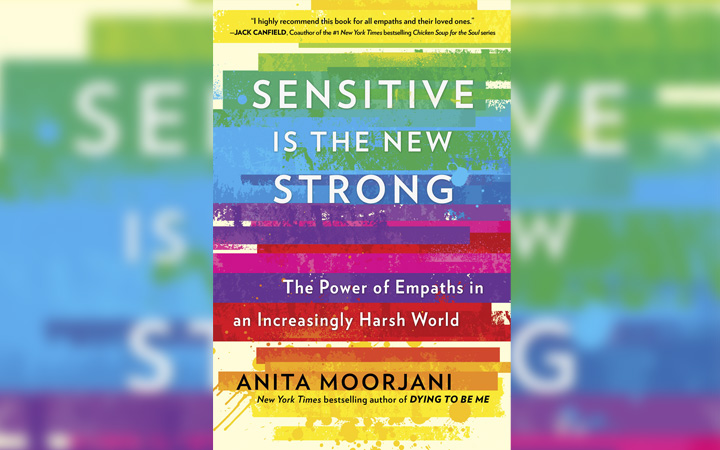FLEX IN FLUX

When I first wrote this book in 2019, I was passionate about Flex—flexibility in the workplace and beyond—because I believed the old structures of nine-to-five were harming our ability to live the lives we aspired to. As I write this, we are living through the COVID-19 pandemic. I hope that by the time you read it, the situation will be calmer. Millions of us all around the world swapped workplaces for makeshift home offices, classrooms for kitchens, office buzz for Zoom fatigue, and rigid hours for a murky blur of life, work, and 24/7 news addiction. When we weren’t itching to escape our four walls, we were paralyzed with anxiety. For others, working from home was not an option. They were on the frontline delivering food, caring for the vulnerable, and tending to the sick in hospitals overwhelmed with the terrible impact of the virus. All of us struggled
to find our feet at a time when our worlds had been rocked. We tried to make sense of it, using phrases like “unprecedented times” and “the new normal.”
Yet, there was nothing normal about this period. The flip from business-as-usual to lockdown happened at blistering speed. We were, and still are, truly in flux. The companies that insisted flex could never work scrambled to make it a reality. Those barriers they claimed were insurmountable melted away in the face of a bigger imperative to keep their people safe. Even during
such impossibly sad times, it was a poignant thing to witness—the mass adoption of ideas that flexible work pioneers have championed for decades. They had the courage to imagine a different way, and COVID-19—in all its chaos—tipped their vision into the mainstream.
In this book, you’ll read their stories and become inspired by their ambition. The ideas behind flex have been bubbling up for decades as the shape of the modern family shifts, retirement age increases, the climate emergency escalates, and technology opens up new possibilities for knowing ourselves and our potential.
The thing is, flex is so much more than a reflex to a crisis. It is bigger than the survival instinct of businesses facing uncertainty. Flex is about a better future with solidarity and diversity at its heart. It welcomes those who might be excluded from a macho working culture of long hours and presenteeism. It values their contributions precisely because they are not the status quo, and therefore their
perspectives are bound to be fresh, innovative, and creative.
Flex is not just an interim solution to a workforce on lockdown. It leans into longer, more meandering career paths beset with uncertainty, which require us to learn, relearn, adapt our skills, and pivot. It is an investment in health, rest, and recuperation. A belief that family, friendships, and fun must coexist with hard work, rather than be sacrificed at its altar. Flex is about a sustainable approach to living and working.
Flex allows us to shed the stuff that doesn’t work for us and the rhythms that don’t suit us. The slog of the daily commute has come under scrutiny as we have questioned the sanity of mass synchronized travel on overloaded and unhygienic transport systems for no apparent benefit. We are gaining freedom to listen to our circadian rhythms and mold our days accordingly.
Flex refuses to swap the 9 to 5 for the 24/7. We learned during the lockdown that it is hard to compartmentalize work when it is happening on the kitchen table, in bed, or on the sofa. But Flex needs to have hard edges, boundaries, and regimes to ensure we don’t slip back into old habits and truly benefit from our moment of pause.
Because during the biggest global experiment ever in remote working and learning, we were forced to press the pause button. While it was frustrating, it was also a gift. Our working culture up until then had fetishized speed, churn, and efficiency and neglected empathy, listening, and considered thought. Living through a pandemic meant we all did more of the latter. Recovery will be a long process. When it happens, we can be intentional about the kind of world to which we want to return. We can build a more intelligent, sustainable, and compassionate way of working and living.
This is a moment of reinvention, a chance to move away from the old mindsets laden with rigidity, presenteeism, burnout, and stress. “You never change things by fighting the existing reality,” said Buckminster Fuller, American inventor and futurist. “To change something, build the new model that makes the existing model obsolete.”
So this is our opportunity to invent the whole thing from scratch. Work culture has been broken. Let’s not use old metrics to measure new circumstances. Now is the time to dream up a beautiful new model that makes the old one obsolete.

 bout the Author
bout the Author




